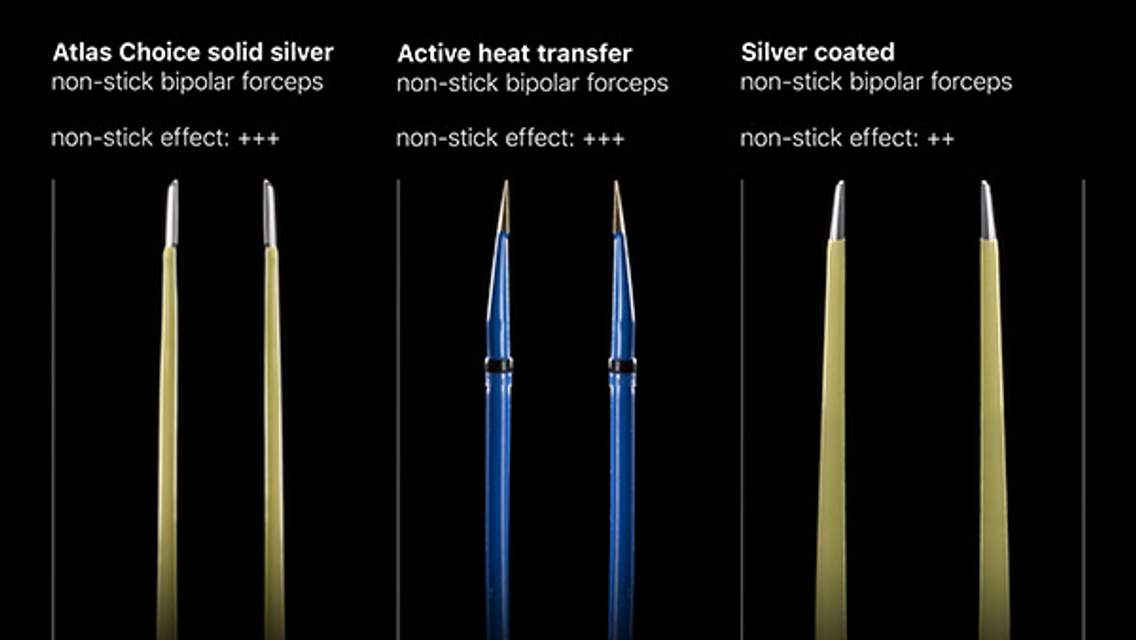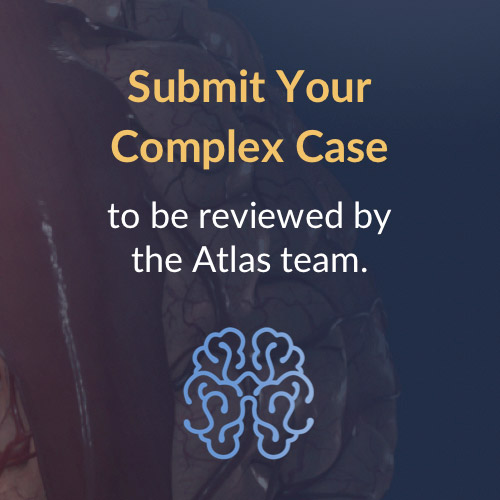How to Find a Position
- Starting off
- Determine things important to you—what must you have in a job, what you don’t need
- Location, volume, compensation, practice setting, specialty, etc
- Know your strengths in what you can bring to your job as well as your weakness
- Prepare a professional CV and review with a faculty or mentor
- Communication/availability
- Make sure voicemail is set up and sounds professional
- Clear cell phone voice mailbox and email in-box so you don’t miss valuable information about a potential job
- Check your spam/junk email folder—emails from an unfamiliar email address might be sent to your spam/junk folder
- Save every address of people relevant to your job search in your contacts, including recruiters, practice managers, doctors at potential places of employment
- Less likely to have emails go to spam/junk folder
- You’ll know who is calling and can get in the right frame of mind before answering
- Easier to contact them
- Set up auto-replies for your email and phone if you won’t have access for various reasons
- Will explain a delayed response so employers don't assume you are disinterested
- Determine things important to you—what must you have in a job, what you don’t need
- Should you use a recruiter? The process of looking for a job can be overwhelming, from contract negotiations to compensation models. New graduates often use recruiters to help them locate their first position. Recruiters are hired by employers to find a candidate to fill their job opening. They are often paid a flat fee at the time of the initial consult and then again after a candidate has signed a contract. Recruiters can vary across the country from which regions they represent to which specialties. Some pros and cons of using a recruiter are listed below to help you decide if using a recruiter is right for you.
- Pros
- No fees paid by the candidates. Recruiters receive compensation from the employers for their consultations and when a position is filled.
- Recruiters know people and oftentimes have direct connections with various employers. They might also have contact information for contract lawyers, realtors, etc, who you will need as you proceed with finding a position.
- Recruiters get paid when they fill a position, so they will work hard to find a position for you.
- Using a recruiter is usually a better use of your time. They are able to contact multiple employers, review positions, etc, while you are able to focus on finishing residency.
- Many recruiters have online resources for candidates to help them through the process, such as CV guidelines and samples, information on how to evaluate practice opportunities, relocation tips, a listing of common mistakes made by new graduates, questions to ask during interviews, etc.
- Some recruiters even assist with medicolegal services or negotiations/strategic planning.
- Cons
- Recruiters might try to place you where you don’t belong, because they get paid once a position is filled, and they don’t have a fiduciary responsibility to represent your best interests.
- They are unable to look in a specific location for a candidate, since they are hired by the employer/practices. They are able to share ongoing searches in the area, but this search might not be comprehensive.
- Recruiters only know of available job positions for which they have been hired. There might be several similar positions in the same area that they were not hired to fill.
- Pros
- Online resources—whether you are beginning your job search or simply want an idea of what jobs are available, there are many online resources. Some of these resources simply list available jobs with short blurbs and a way to contact the employer/recruiter. Others have search options that allow you to input preferred location, specialty, and sometimes even the type of practice, and they list all applicable matches. Below are examples of online resources.
- Organized neurosurgery—AANS and CNS both have career centers
- Individual employer/health system websites—if you know the area in which you would like to practice
- Recruiter websites—many allow you to search without giving them your information or requiring a membership
- Job search agencies—examples include CareerMD, PracticeMatch.com, and others, which can connect employers with employees and set up career fairs; these sites also provide a wide network of recruiters access to your profile, and they may provide unfettered access
- Social media sites—LinkedIn, Facebook, Twitter
- Journal websites—JAMA career center, NEJM career center
Please login to post a comment.











